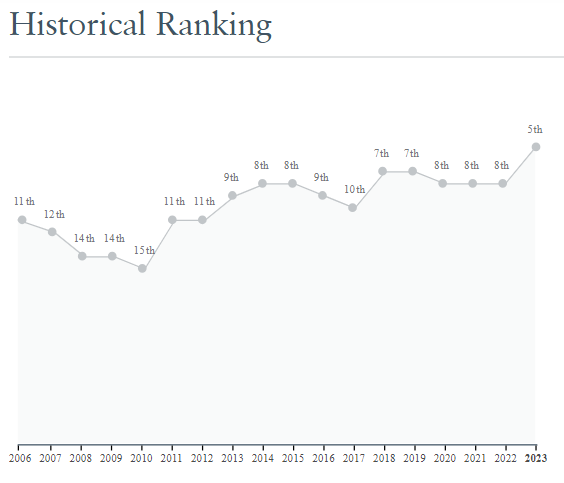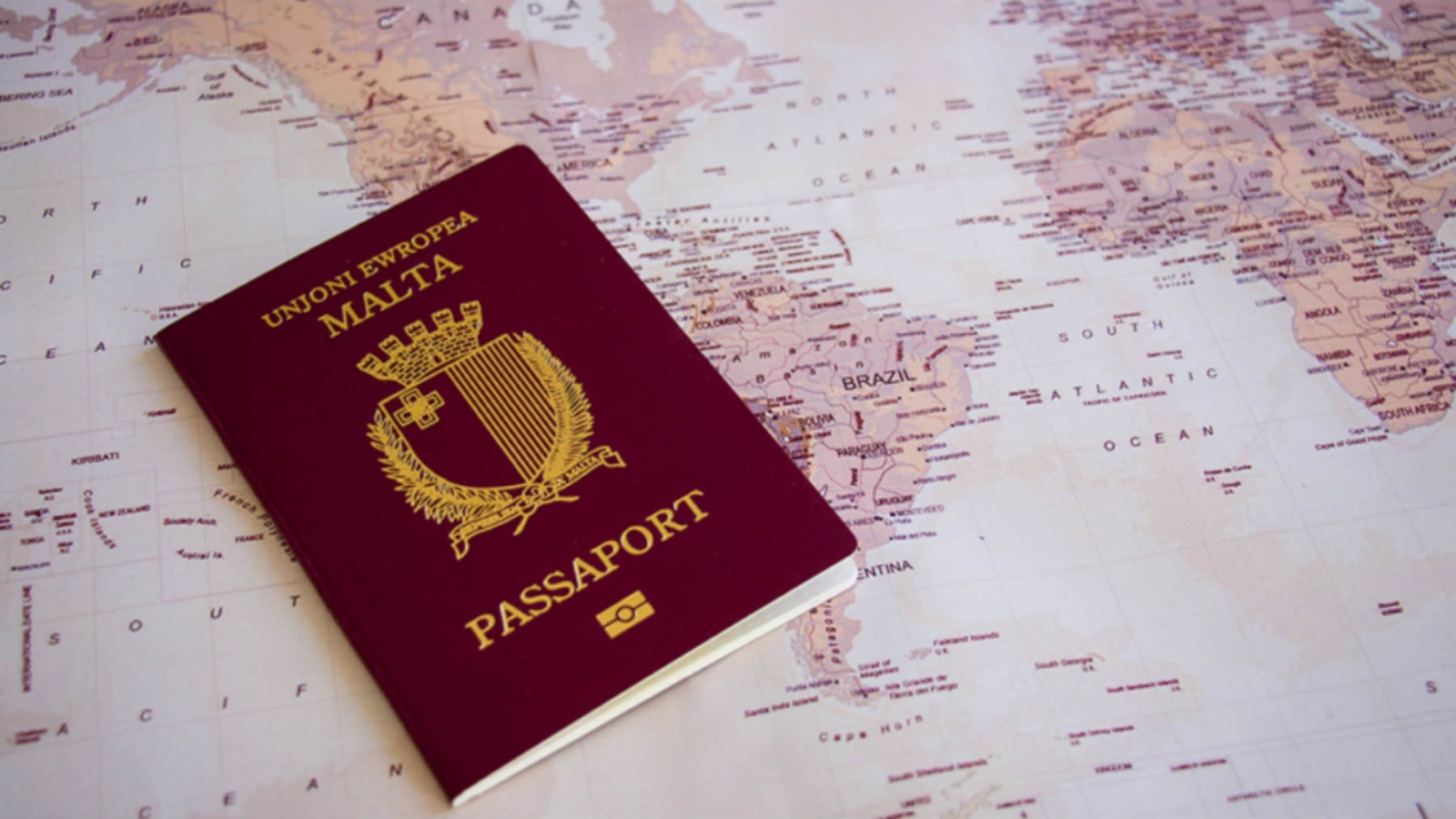A Maltese passport has become the world’s fifth most powerful one in the world, according to a newly published 2023 Henley passport index.
The index, produced by Henley and Partners, ranked passports according to the number of countries holders can access without applying for a visa, using data provided by the International Air Transport Association (IATA).
Maltese passport holders had access to 187 visa-free destinations, an improvement of two new countries since the previous index.

This has helped Malta ascend three spots in the index and become the world’s fifth most powerful passport. It shares the rank with Belgium, Czechia, New Zealand, Norway, Portugal, and Switzerland.
According to the firm, Malta was one of two European Union countries which offered citizenship-by investment, the other being Austria (ranked third).
However, a Maltese passport was much more affordable than an Austrian one. To gain an Austrian passport, individuals needed to contribute either €10 million if made directly into a business, or €3 million as a contribution to a Government development fund. It also required applicants to have impeccable references, a comprehensive CV, and their dependants needed to have a basic understanding of the German language. It also took between two to three years for the application to be approved.
Meanwhile, a Maltese passport could be obtained after having made an investment of just €600,000 following a residency period of three years, or €750,000 following a residency period of one year. Individuals also needed to purchase property valued at a minimum of €700,000 or rent at €16,000 for at least five years. Lastly they were required to fulfil a donation of at least €10,000 to a registered local philanthropic, cultural, sport, scientific, animal welfare or artistic NGO.
With an ever decreasing quantity of EU-based “golden passports” available on the market, Malta has become a top choice for wealthy individuals looking to access the bloc.
The world’s most powerful passport was Singapore’s, whereby holders had visa-free access to 192 countries, and the weakest was from Afghanistan, whereby holders had visa-free travel access to a mere 27 countries.
Openness index
The firm has also made an openness index available. Here it ranked countries in order of how many nationalities they permitted visa-free access. In the index, Malta ranked 44th since it gave 92 nationalities out of 198 visa-free access to the country.
Meanwhile 12 countries claim the top spot in that index, due to having granted literally every nationality access without a visa. These countries were Burundi, Comoro Islands, Djibouti, Guinea-Bissau, Maldives, Micronesia, Mozambique, Rwanda, Samoa, Seychelles, Timor-Leste, and Tuvalu.
Conversely, a total of four countries did not grant visa free access to any country. These countries were Afghanistan, North Korea, Papua New Guinea, and Turkmenistan.
St Julian’s registers highest numbers of thefts in bars, restaurants and hotels in the first 3 months of 2024
The figures were tabled in Parliament on Tuesday
Taxi and cab operators pull in almost €50 million in 2023
The industry has more than doubled revenues since 2019
Pjazza 1902: Restored landmark transformed into a vibrant hub for dining, leisure and fitness
Built in 1902, the historical site has been painstakingly restored to its former glory & reopened as an entertainment hub






